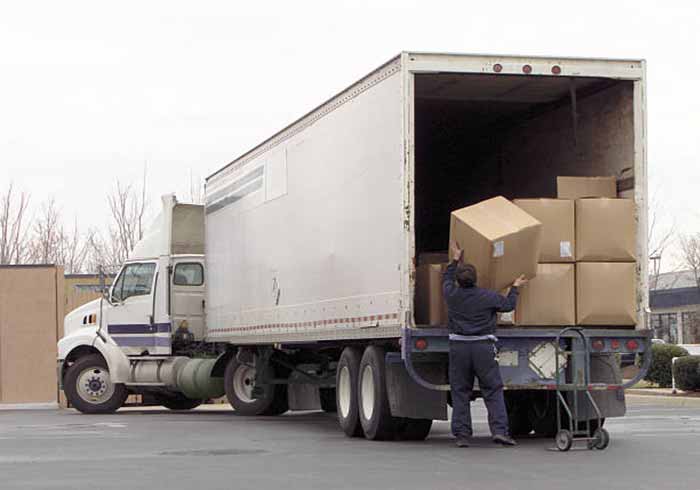When you want to start a trucking company, it’s important to take care of your finances first. Establish a business bank account and separate credit card for your company to manage money matters.
Decide what size company you want to build. This will determine your operating and staffing needs.
Licenses and Permits

Starting a trucking company requires multiple licenses and permits to legally operate. Depending on the business structure and state laws, you may need to register your business with local and/or state governments. You will also need to get a unique name for your trucking company near me. The name should be short, easy to remember, and descriptive of the services your company offers.
The type of licenses and permits you need will depend on the cargo you plan to haul, the size of your fleet, and other factors. You will need to obtain a USDOT number and a motor carrier (MC) number. Other permits required by your state transportation department include a heavy vehicle use tax permit and an IFTA permit.
Before you submit your applications for these permits, it is important to put together a business plan. This will help you stay focused on your company’s goals and operations, and it can help you obtain funding when needed.
Insurance
Getting the right insurance is an essential step for trucking companies. The cost of coverage can vary significantly, so it is important to compare providers. Choosing a broker or agent can help you understand the different policies available and find a policy that meets your needs.
A good trucking company should also have a back office that can handle billing, payroll, and other administrative functions. Some truckers choose to outsource this work, but it is crucial to find a company that can provide high-quality services and maintain compliance with state and federal regulations.
If you decide to start a trucking company as a sole proprietor, it is essential to diversify your freight load sources and establish long-term sustainability from day one. If not, your personal assets could be at risk if the business fails. An LLC, on the other hand, provides a number of advantages including protection of personal assets in the event of litigation or bankruptcy.
Vehicles
If you want to start a trucking company, you will need a vehicle or vehicles that meet the size and safety requirements for the freight lane. You will also need to select a vehicle that is economical on fuel and maintenance costs. Choosing the right trucking equipment can help you achieve a good profit margin when hauling loads.
Consider hiring a professional trucking business consultant to help you determine the best trucks for your operation. You can also use a cost-per-mile calculator and credit check tool to help you analyze the profitability of a load before you accept it.
Many people think that they need a degree or advanced education to run a business. But the truth is that you can successfully run a trucking company with no formal education at all. Owner-operators enjoy a flexible schedule and can make great money by focusing on niche markets that other large carriers ignore. You can also gain experience as a company driver before starting your own business.
Drivers
In order to run a trucking company you will need qualified drivers. To start, you will need a commercial driver’s license (CDL). This can be obtained by attending a private truck driving school or some trucking companies offer their own training programs. Many owner-operators begin by serving as company drivers first to learn driving skills and get road experience.
You will also need to register your business as a legal entity. There are several options which provide different personal liability protections, taxation methods and ownership structures. For example, a limited liability corporation will protect your personal assets and may offer tax advantages.
Conclusion:
Once your business is registered you will need to acquire insurance policies. You will want to work with a provider who understands the complexities of insuring specialized trucking businesses. They can help you navigate the requirements of your industry and ensure that you meet all of the necessary legal standards.
